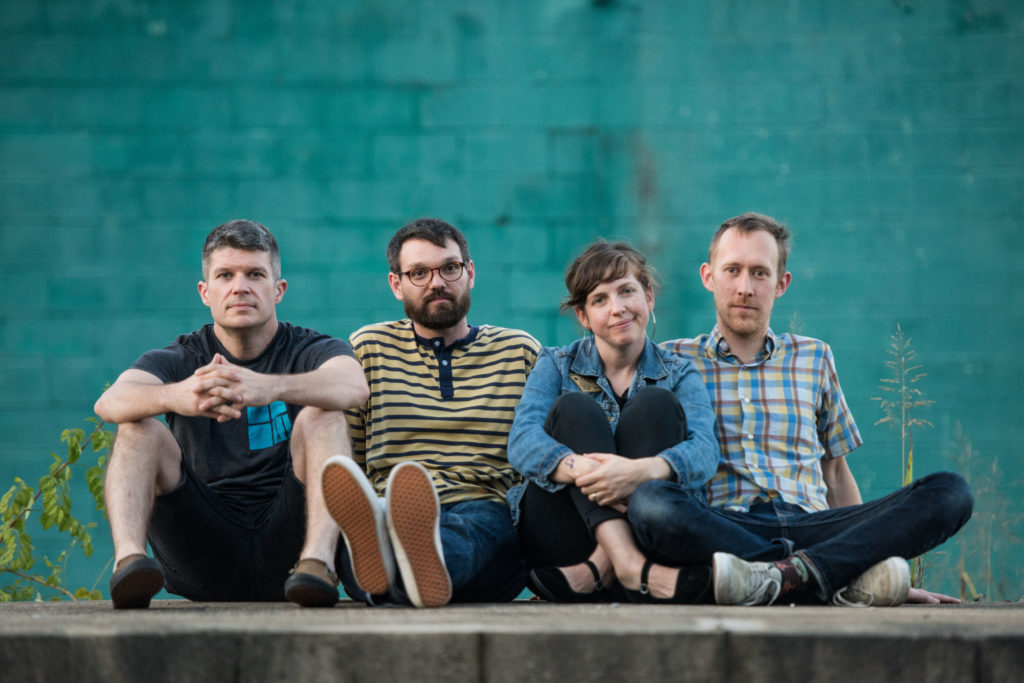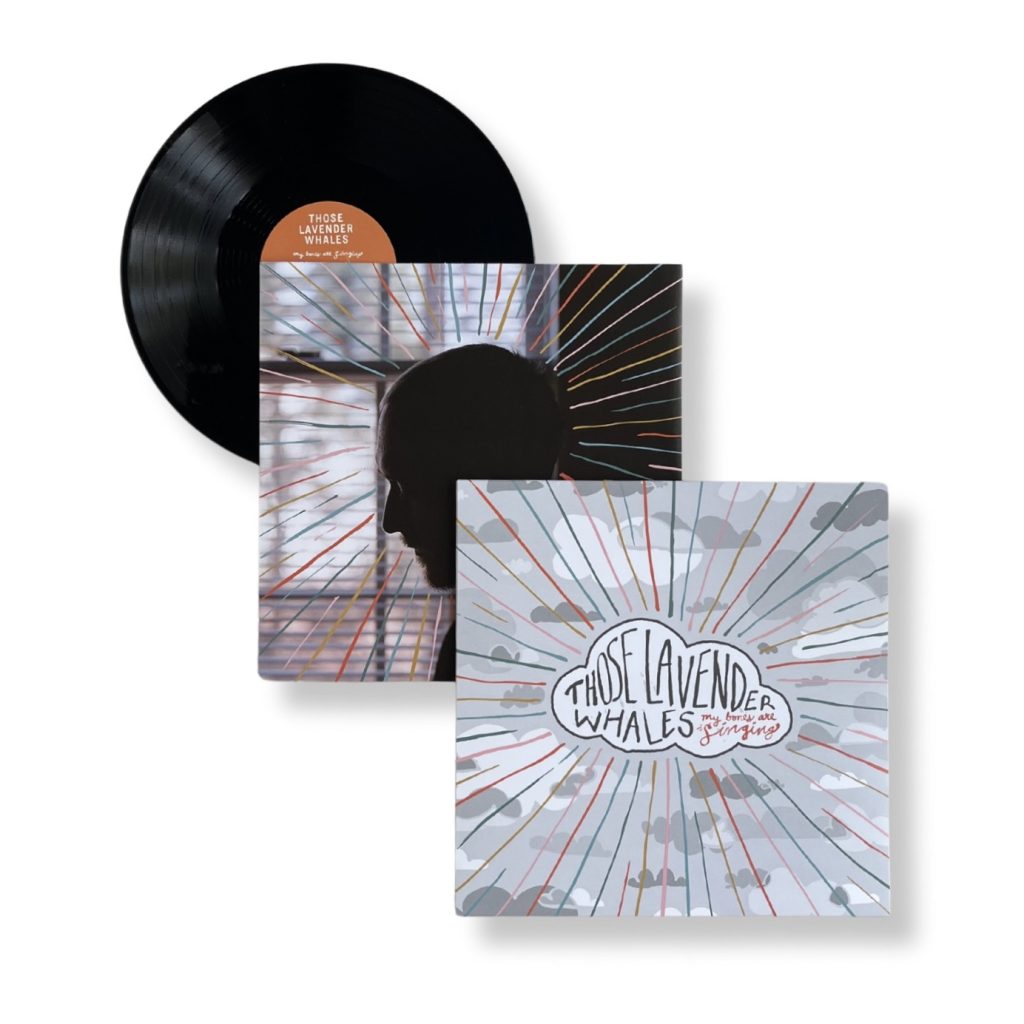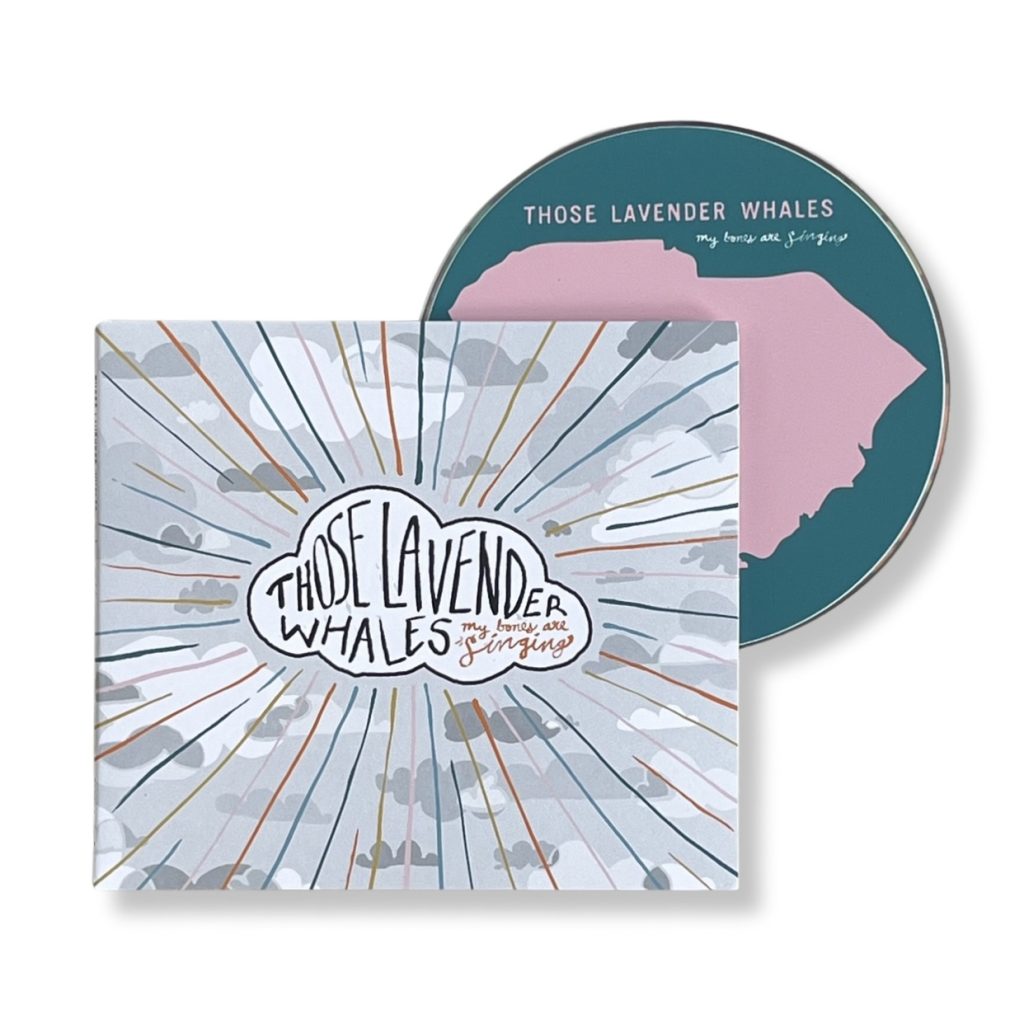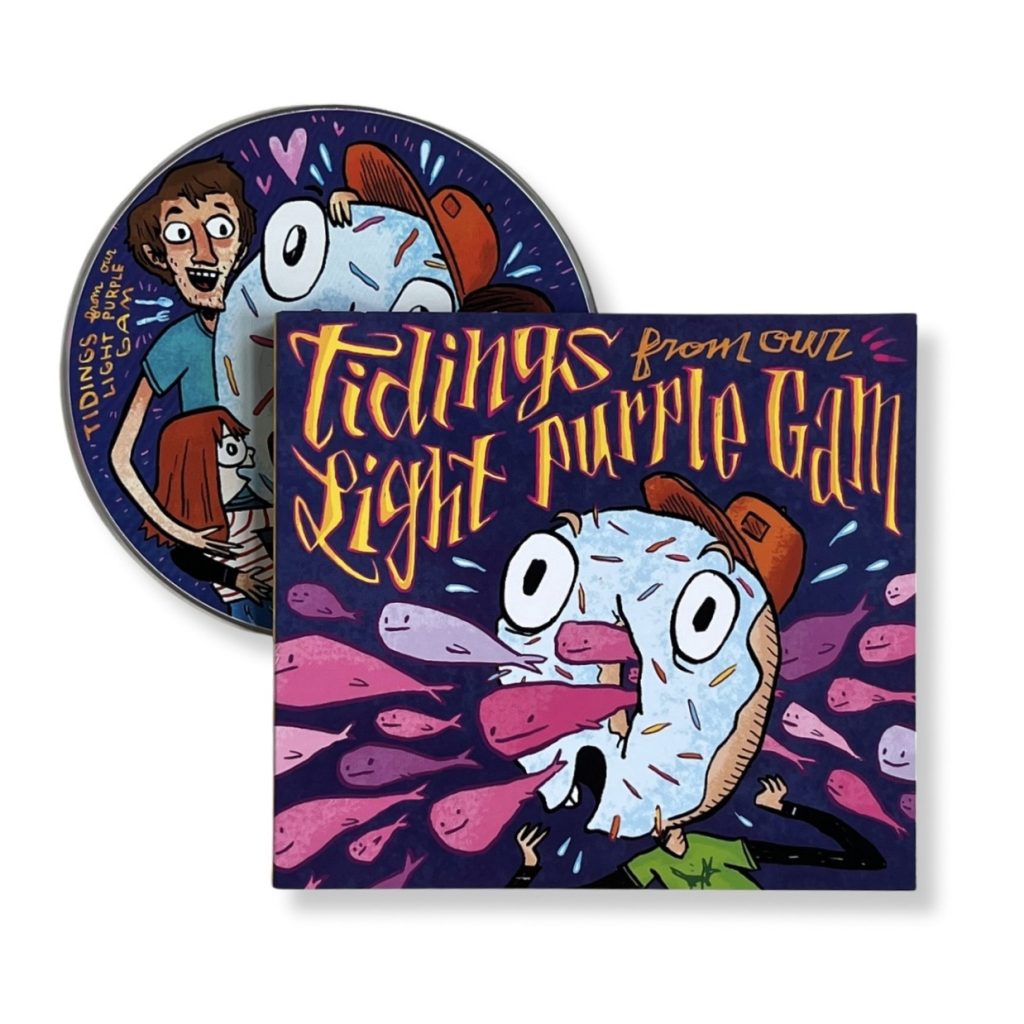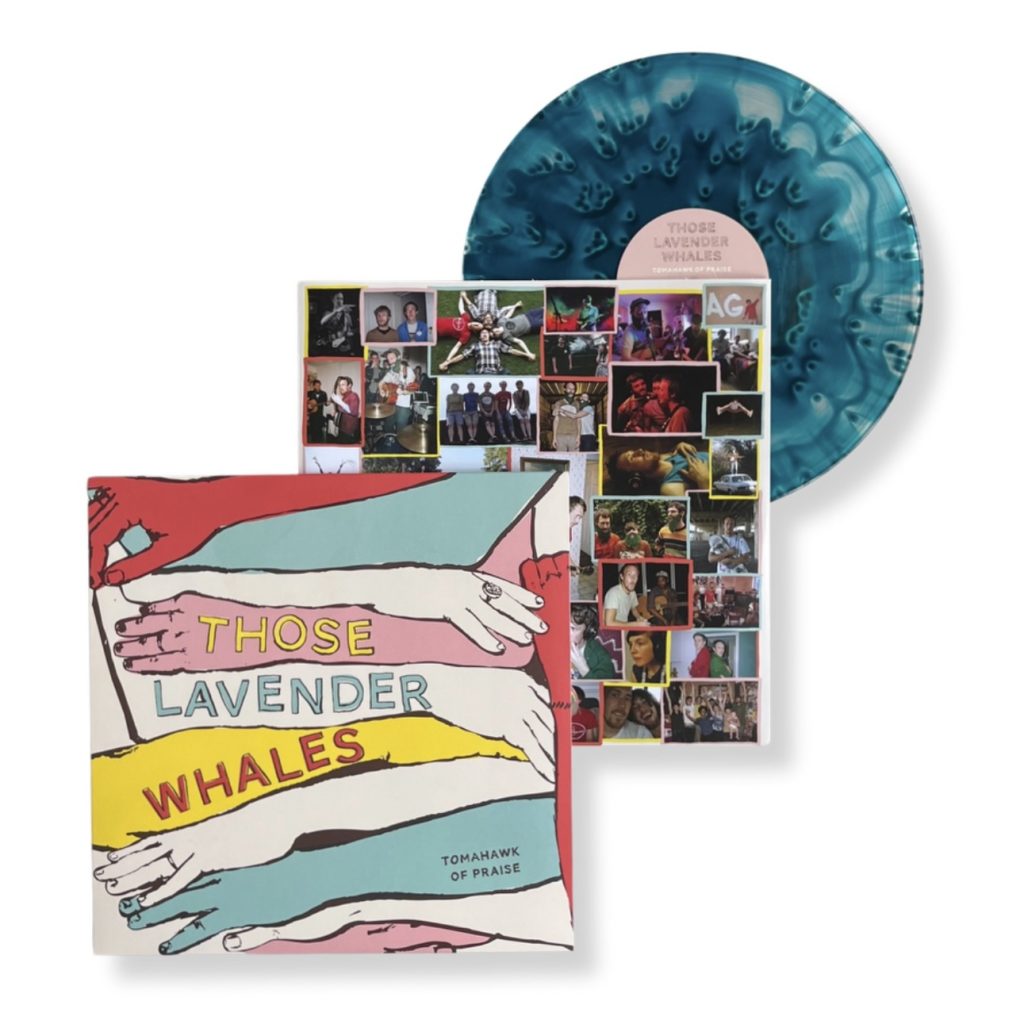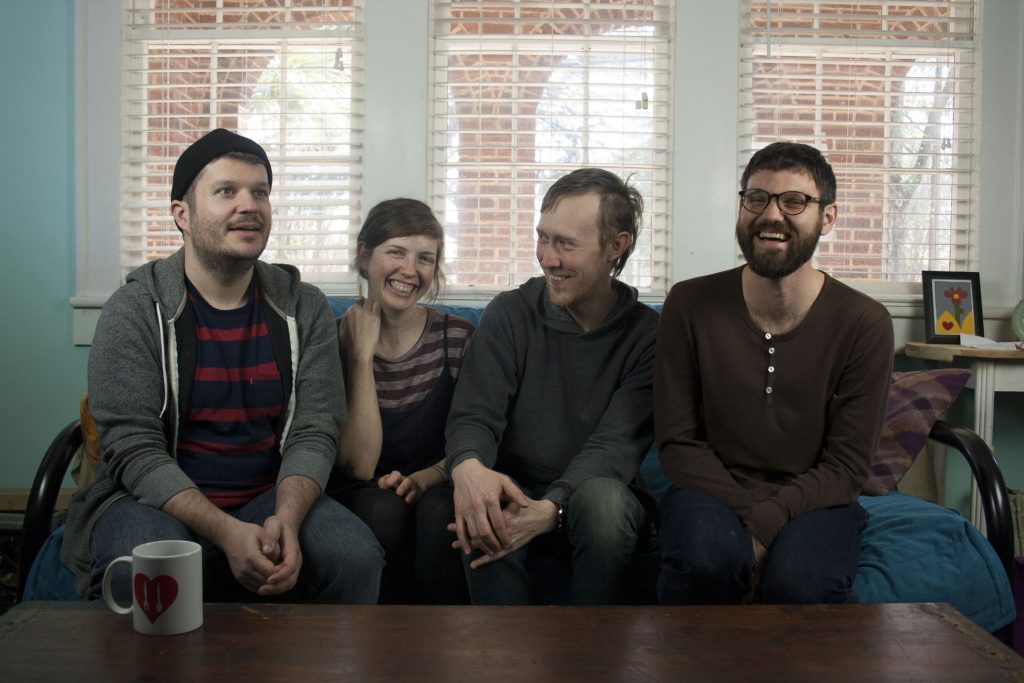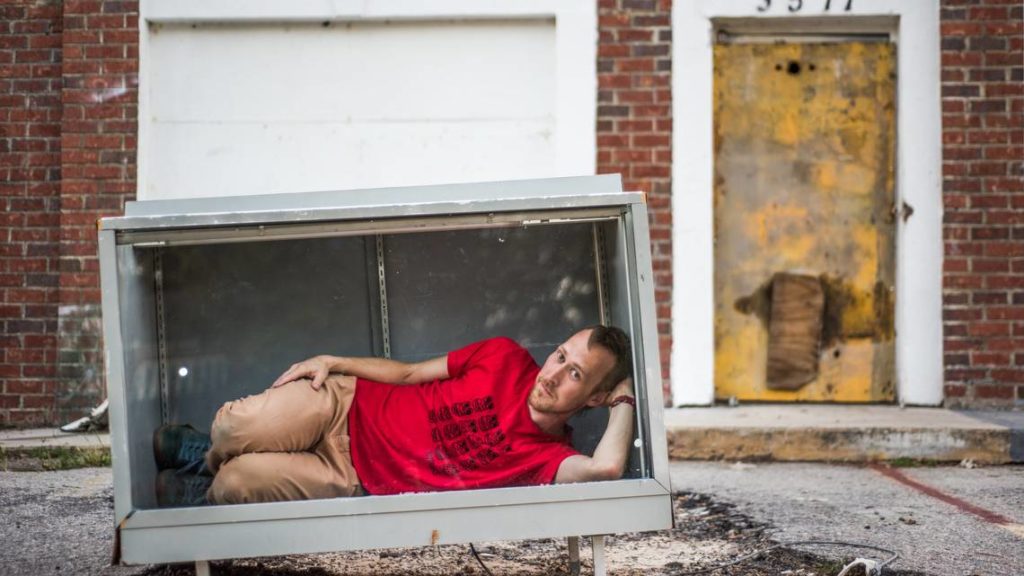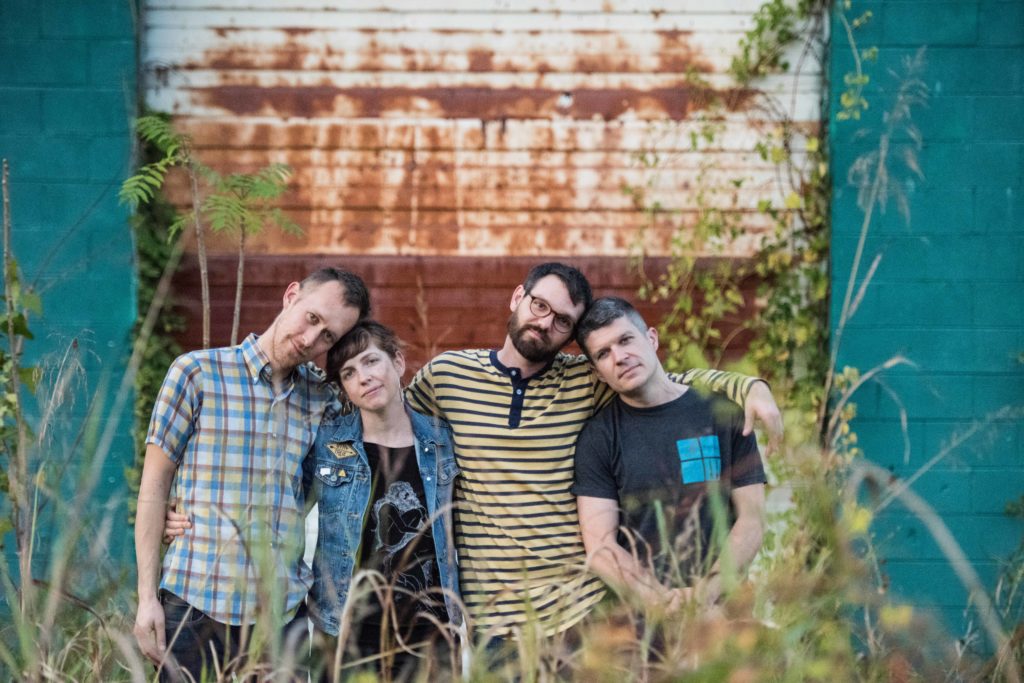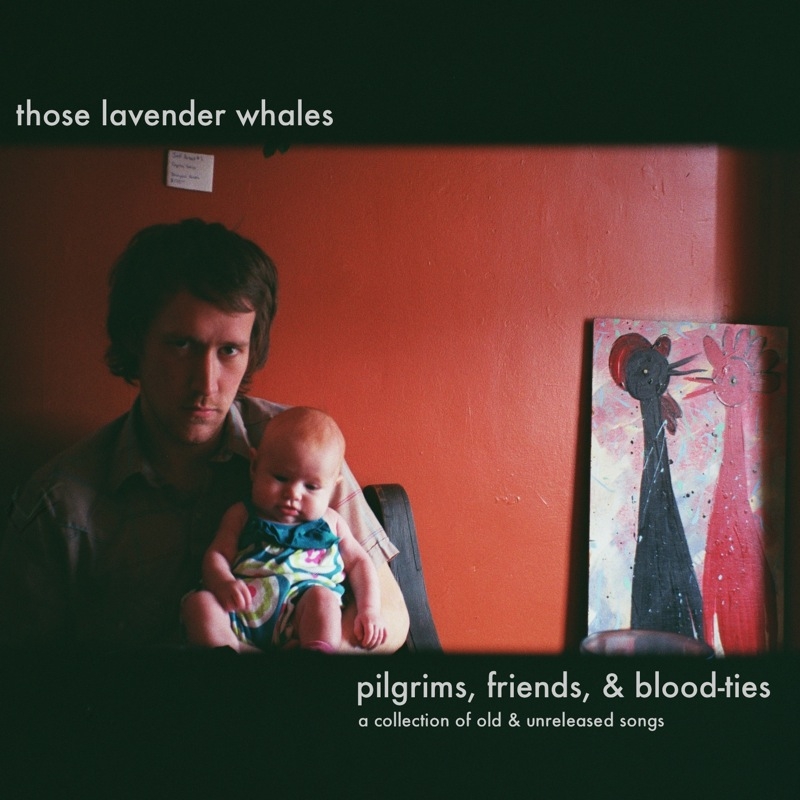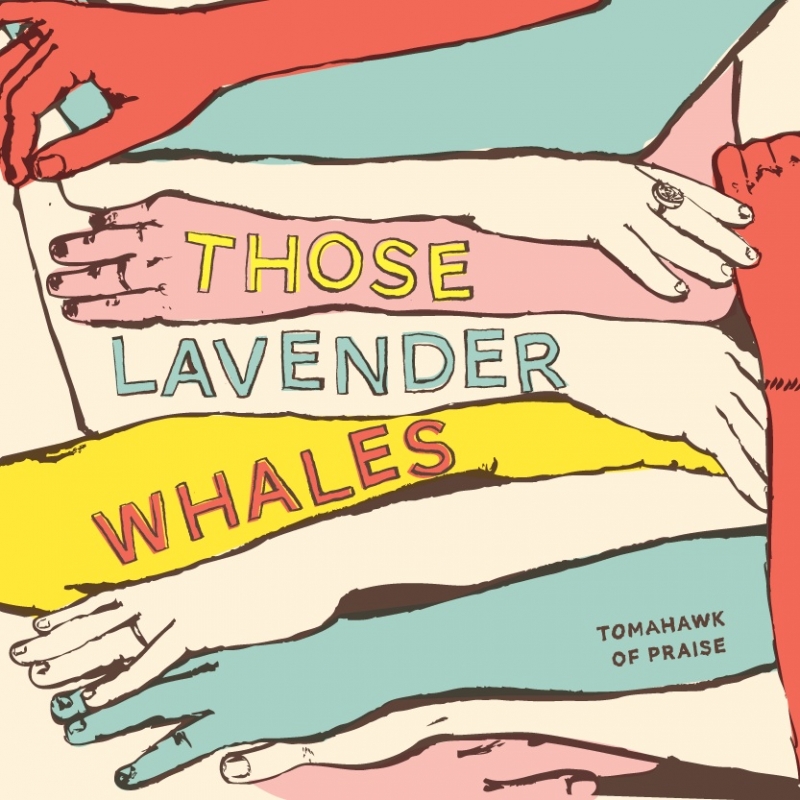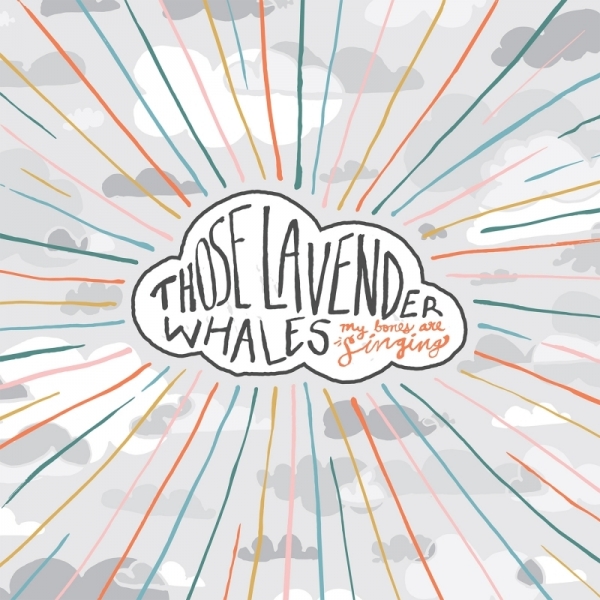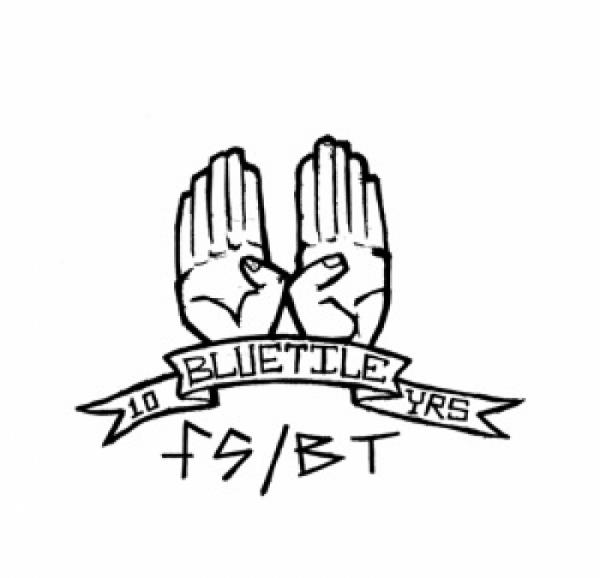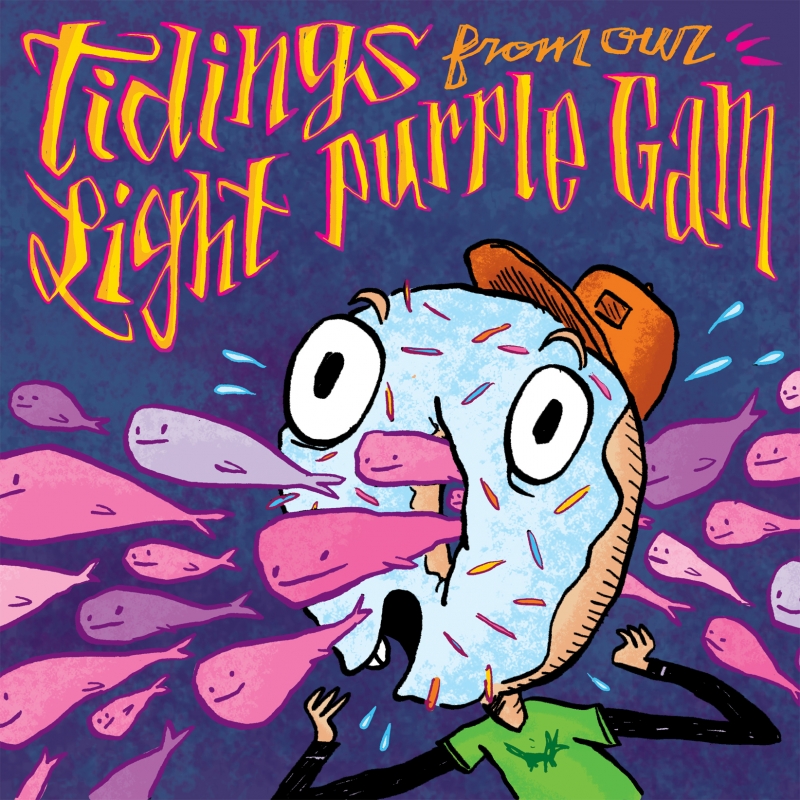Those Lavender Whales first took shape in Aaron Graves’ dorm room at Belmont University in Nashville, Tennessee, in the early 2000s. His first EPs, which Graves passed around to his family and friends, were born of the same lo-fi, do-it-yourself ethos that gave thrust to the Elephant 6 Recording Company. Those recordings—with most instruments played by Graves, save for a few contributions from close friends—were filled with songs that are warm, approachable, humanist, and sometimes humorous, marked by Graves’ sense of wonder, amazement, and humility at the world and community that surrounded him. They bore the imprint of Fork & Spoon Records, the label he would officially co-found in 2010, and which has issued beloved records by Coma Cinema and Chaz Bundick of Toro Y Moi. Many of Graves’ earliest recordings are compiled on 2007’s Let’s Be Friends! I’m Sorry I’m So Sleepy! EP and the 2010 odds-and-ends collection Pilgrims, Friends, and Blood-Ties.
The first proper Those Lavender Whales full-length, Tomahawk of Praise, came in 2012. Recorded with a coterie of close friends and like-minded musicians, Tomahawk of Praise magnifies and amplifies the whimsical pop tendencies evident in Graves’ early recordings. Its rollicking, multi-layered arrangements are festooned with off-kilter instruments and playful melodies (and, on “Mountain,” colossal distorted riffs). Here, Graves’ songwriting is thoughtful, personal, and impassioned, ping-ponging between intimate musings about the uncertainty of growing up, encomiums to togetherness and compassion, and joyous celebrations of friendship and community.
As Graves’ records grew, so, too, did Those Lavender Whales—not into simply a fleshed-out band, but a full-fledged family, with Graves’ wife, Jessica Bornick, and longtime friend Chris Gardner joining Graves on Tomahawk of Praise and for live performances. Patrick Wall joined the band shortly after Tomahawk was released, rounding out the lineup that would comprise the band for the rest of its lifespan.
In 2014, Graves was diagnosed with an astrocytoma, a cancerous tumor in his brain. During treatment and recovery, he turned to music and wrote songs to bolster his resolve. Those songs would find life on 2017’s My Bones are Singing, and Graves’ diagnosis casts a somber shadow over the record. My Bones Are Singing references Graves’ grapple with his own mortality and the effect his disease had on his family, friends, and community, but it does so obliquely, telling its truths not through overwrought confessions but courage, clever metaphor, and good humor. (Its first lines are “There’s good types of growing / But there’s also some really bad types of growing.”) It is honest and earnest, with Graves’ endlessly optimistic outlook challenged by grave circumstances but never defeated by them, resolute in the belief that goodness always wins. Its arrangements, crafted in collaboration with Gardner and Bundick in Berkeley, California, and in Columbia, South Carolina reflect its songs’ weighty themes through bigger sounds and a broader palette, but it doesn’t betray the band’s homespun charm and hallmark big heartedness.
Graves died in 2019 from his brain cancer.

